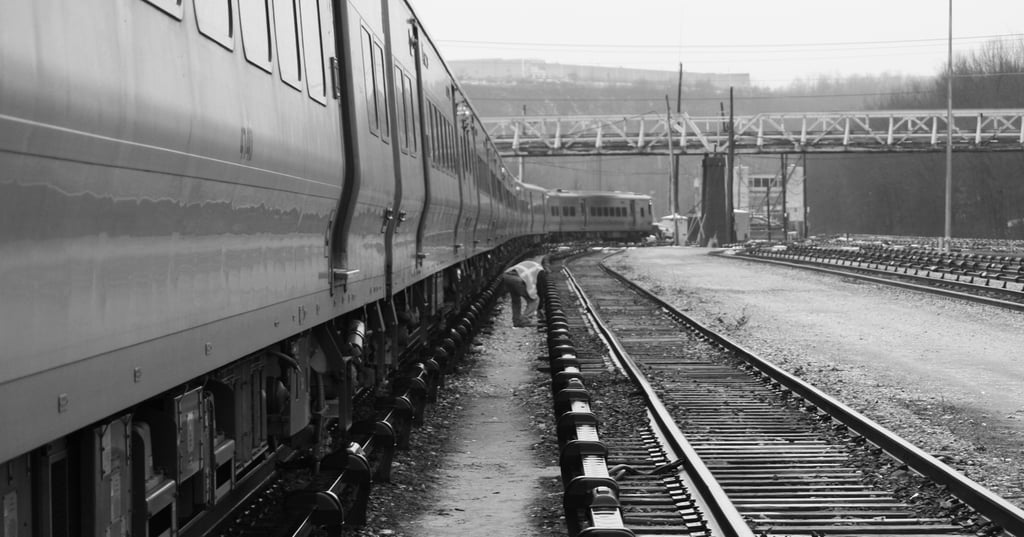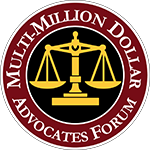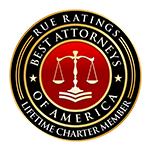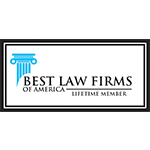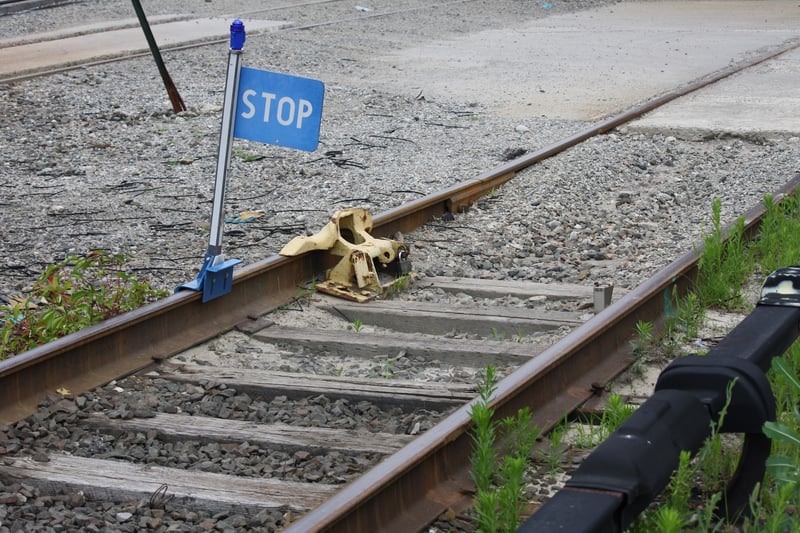
SCUBA, LASER and LCD are all acronyms. Acronyms are meant to help us reduce long, well known (but hard to manage) names like Health Insurance Portability and Accountability Act to something memorable and simple, like HIPAA. (Oh yeah, that form I sign at the doctor...)
But when you work in an industry like the railroad, where legislative acts govern everything from your work site to how you get paid after you bust your knee on the job, those short hands can turn from helpful to alphabet soup quicker than you can say F-E-L-A.
No doubt you’ve nodded and smiled your way through a union meeting where some of these terms were batted around without explanation. Today you can learn your FRA from you FRSA and your ARB from your PEB with this glossary of legislative terms especially for railroad workers. Keep it in your inbox for union meetings, doctor’s visits, consultations with an attorney or even a disciplinary hearing.
ARB
Administrative Review Board
The highest level within the Department of Labor. The ARB will hear appeals from the ALJ findings in your FRSA case. (What’s that? See below.)
ALJ
The Administrative Law Judge is the equivalent of a government agency that takes first run at your whistleblower claim. If you have an FRSA claim through the ARB you can expect it to take up to three years to reach a conclusion. If you’re working with an attorney to go through Federal Court you can expect your case to be heard within one year of kicking out of the government administration system. If you’re not sure where your claim is (or should be), contact a railroad attorney.
ADA
Americans With Disabilities Act
This is the federal law to governs a request for reasonable accommodation if your injury prevents you from returning to work full duty.
CFR
Code of Federal Regulations
The collection of general and permanent rules and regulations published by the federal government, governing the railroads in their minute actions.
DOL
Department of Labor
The parent department which includes OSHA.
DOT
Department of Transportation
The parent department which includes the FRA.
FRA
Federal Railroad Administration or Full Retirement Age
The federal governmental agency responsible for passing and enforcing the safety regulations governing railroads. (You guys recently helped me out in an appearance before the FRA. See more here.)
It’s also an acronym for the age at which under the RRB regulations a retiree will not incur an early retirement penalty.
FELA
Federal Employers' Liability Act
This is the federal law that governs on-the-job injuries for railroad workers. (It’s also the reason railroad workers can be glad they don’t have workers’ comp.)
FMLA
Family Medical Leave Act
This is the federal law that protects your job while you are out of work for certain pre-approved reasons like the birth of a child or care for an immediate family member, or your own injury.
FRSA
Federal Railroad Safety Act
This is a comprehensive collection of safety regulations, including the Roadway Worker Protection rules. It also includes the whistleblower provisions that allow a railroad worker to do the right thing under the umbrella protection of federal law.
HIPAA
Health Insurance Portability and Accountability Act
Theoretically, the federal statute which protects your medical background from general discussion. However, with your permission, provided under duress or not, it all becomes fair game.
LIA
Locomotive Inspection Act
A federal statute which states: A railroad carrier may use or allow to be used a locomotive or tender on its railroad line only when the locomotive or tender and its parts and appurtenances:
- Are in proper condition and safe to operate without unnecessary danger of personal injury;
- Have been inspected as required under this chapter and regulations prescribed by the Secretary of Transportation under this chapter;
- Can withstand every test prescribed by the Secretary under this chapter.
NMB
National Mediation Board
One of the organizations tasked with hearing arbitration stemming from the Railway Labor Act grievance process.
NLRB
National Labor Relations Board
One of the organizations tasked with hearing arbitration stemming from the Railway Labor Act grievance process.
NTSB
National Transportation Safety Board
The federal agency which investigates accidents involving public means of conveyance including railroads, other than automobiles, usually in conjunction with the FRA. The board also puts out the most wanted list.
OSHA
Occupational Safety and Health Administration
The first line of defense when you are retaliated against for reporting a safety hazard or for reporting an injury or any one of the other 11 ways of triggering the FRSA. OSHA is technically a division of the Department of Labor responsible for investigating complaints under 49 U.S.C. §20109, the Whistleblower Amendments to the FRSA.
PEB
Presidential Emergency Board
A board of three individuals selected by the President of the United States to make recommendations following irreconcilable differences between unions and carriers. Most often used to break deadlocks in contract negotiations, most recently at LIRR and NJ Transit. You can see the PEB in action here.
RRB
Railroad Retirement Board
The federal agency which not only oversees the age/service pension of all railroaders, but also evaluates applications for occupational disability and for short-term sickness benefits. Again, this is the board that regulates when you can retire without penalty.
RWP
Roadway Worker Protection
Collection of CFR regulations specifically governing the actions of railroad employees working on track. (Not roadway workers as the name would suggest.)
SAA
Safety Appliance Act
The specific law that can trigger absolute liability on the railroad if there is a violation of an applicable railroad safety regulation. If the grab iron breaks off the side of a freight car, for instance.
STB
Surface Transportation Board
This board’s work is mostly unrelated to you as an employee and mostly dictates rates the railroad can charge customers and approves sale of trackage.
SOL
Statute of Limitations
This is the time limit within which to do something by law. For FELA claims it is three years from the date of accident or from when you knew or should have known that you had a work related injury, with the understanding that you have an obligation to investigate the cause of an injury. For FRSA claims (that’s whistleblower claims,) it is 180 days from the adverse action.
Keeping railroad acronyms straight is tough and if you’re involved in a lawsuit you may feel like you head is swimming letters. Your lawyer can explain all of what you need to know in plain English.
If you have a legal question that’s nagging at you, ask me here.

